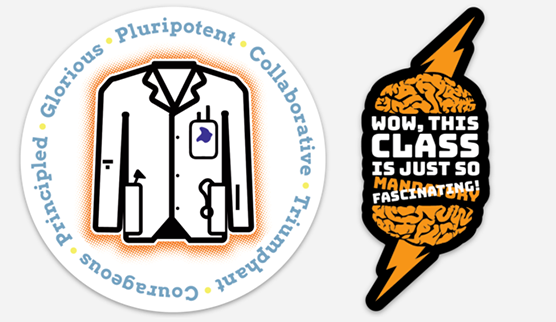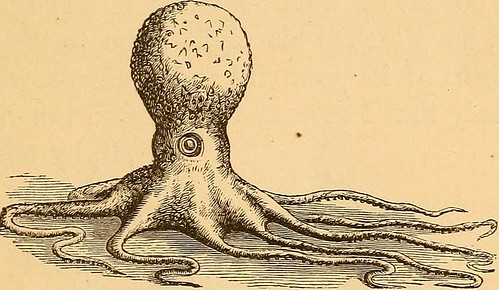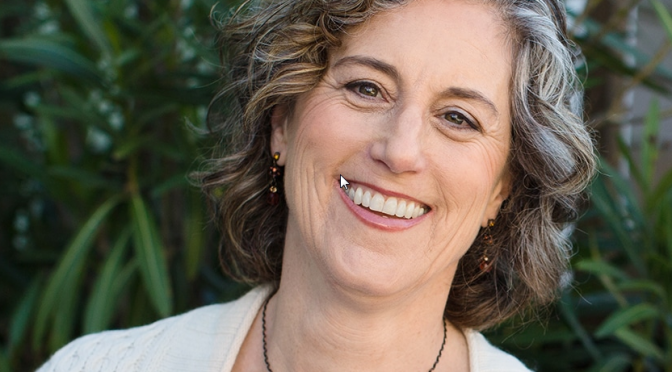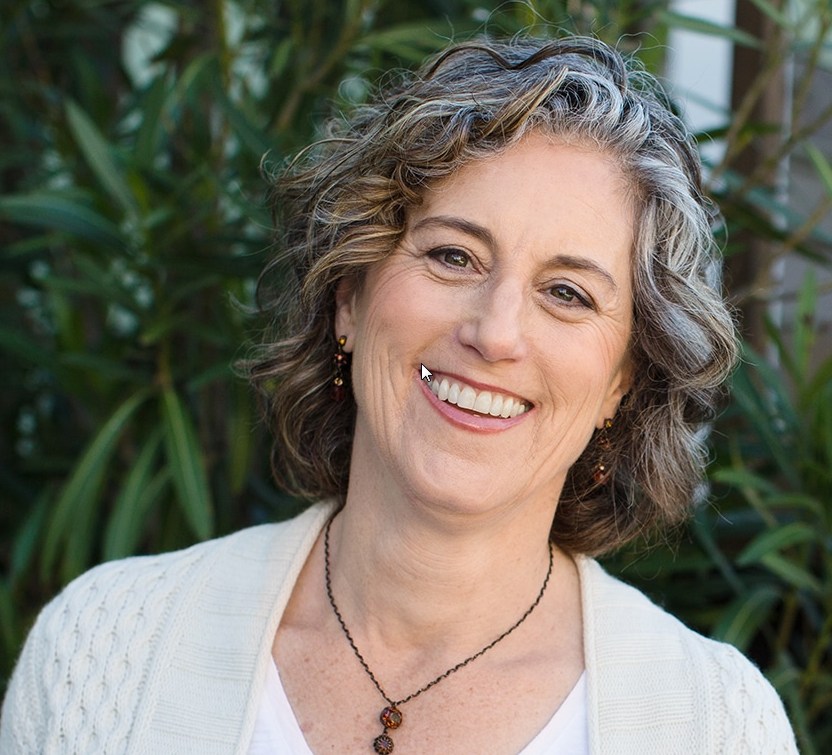Podcast: Play in new window | Download (Duration: 1:04:23 — 88.5MB)
Subscribe: Spotify | RSS | More
 A question from listener Blake–do we use Anki or Brainscape for studying–led to a discussion of the various tools and techniques Aline Sandouk (MD/PhD student), Nick Lind, Madeline Cusimano, and Mason LaMarche (all M2s) use to shove medical knowledge into their brains.
A question from listener Blake–do we use Anki or Brainscape for studying–led to a discussion of the various tools and techniques Aline Sandouk (MD/PhD student), Nick Lind, Madeline Cusimano, and Mason LaMarche (all M2s) use to shove medical knowledge into their brains.
And the co-hosts get some practice with their patient communication skills using questions posed by Yahoo! Answers users.
Buy Our Merch and Give At The Same Time
This Week in Medical News
MIT wants pics of your poop to train their artificial intelligence with, which is not at all a problem. Hiccups could be a way of teaching babies how to monitor their breathing, an activity that is partially under voluntary control. And the vaping sickness epidemic continues.
We Want to Hear From You
What are your favorite study apps and tools? Call us at 347-SHORTCT anytime, visit our Facebook group, or email theshortcoats@gmail.com. Do all three!
Continue reading Study Tips, Annoying Hics, and Fat Cloud Rips







